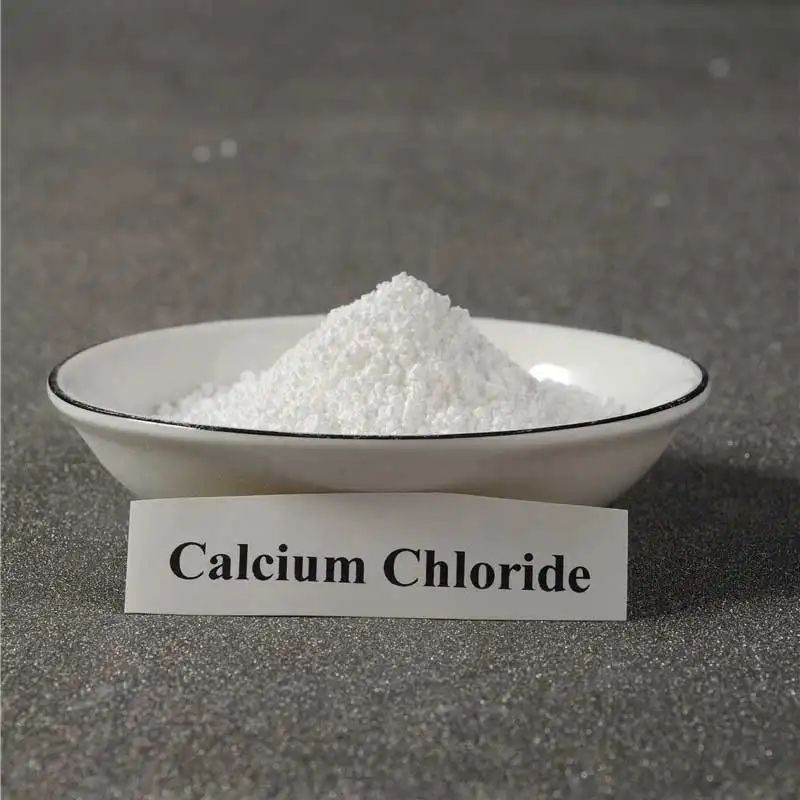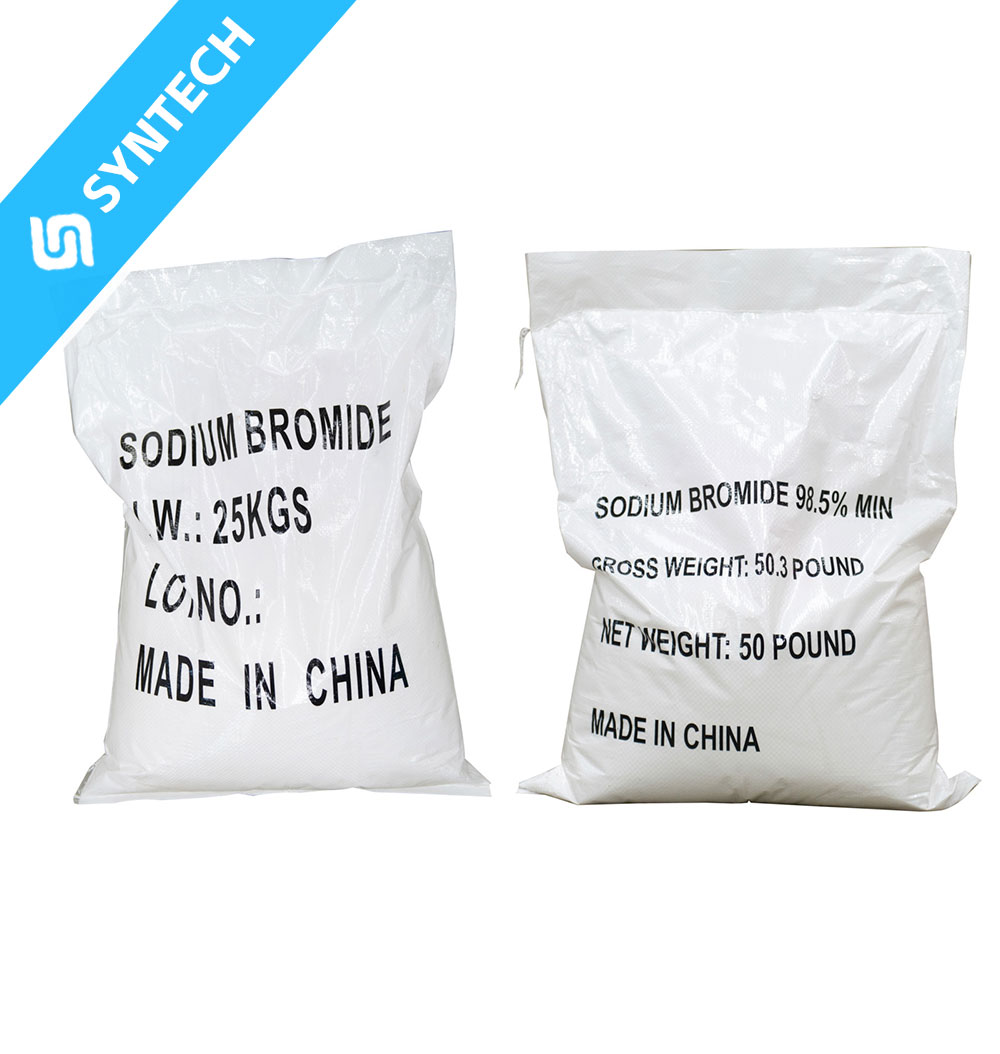Deicing agents, also known as snow melting or anti-icing agents, can be categorized into the following types, each with its own advantages, disadvantages, and applications:
1. Chloride-Based Deicers (Most Common)
Principle: Lowers the freezing point of water and accelerates snow/ice melting through hygroscopic heat release.
Common Types:
- Sodium Chloride (NaCl, Rock Salt)
- Pros: Low cost, widely available.
- Cons: Corrosive to metals/concrete, harmful to soil and vegetation (at high concentrations).
- Applications: General roads, parking lots.
- Calcium Chloride (CaCl₂)
- Pros: Fast-acting (exothermic reaction), effective at very low temperatures (-30°C).
- Cons: Highly corrosive, more expensive.
- Applications: Highways, airport runways.
- Magnesium Chloride (MgCl₂)
- Pros: Less corrosive than NaCl, slightly more eco-friendly.
- Cons: Highly hygroscopic, prone to clumping.
2. Acetate-Based Deicers (Eco-Friendly)
Principle: Melts ice by lowering the freezing point, with minimal corrosion.
Common Types:
- Potassium Acetate (CH₃COOK)
- Pros: Environmentally safe, very low corrosion, ideal for sensitive areas.
- Cons: Extremely expensive (10–20x the cost of salts).
- Applications: Airports, bridges, historic sites.
- Calcium Magnesium Acetate (CMA)
- Pros: Biodegradable, less harmful to plants and concrete.
- Cons: Slower action, high cost.
3. Urea-Based Deicers (Fertilizer-Derived)
- Urea (CO(NH₂)₂)
- Pros: Non-corrosive, safe for soil/plants (short-term).
- Cons: Slow melting, ineffective below -5°C, may cause water eutrophication with long-term use.
- Applications: Residential areas, green zones.
4. Blended/Composite Deicers
- Custom Mixes (e.g., chloride salts + corrosion inhibitors + anti-caking agents)
- Pros: Balances corrosion control, efficiency, and cost.
- Applications: Urban roads, bridges.
5. New Eco-Friendly Alternatives
- Sugar Alcohols (e.g., corn processing byproducts)
- Pros: Biodegradable, low environmental impact.
- Cons: High cost, limited effectiveness in extreme cold.
- Heated Pavement Systems (Non-chemical, using embedded heating pipes)
- Applications: Critical building entrances, ramps.
Selection Guide
| Factor | Recommended Type |
|---|---|
| Low Cost | Sodium Chloride (Rock Salt) |
| Fast Melting | Calcium Chloride |
| Eco-Requirements | Potassium Acetate/CMA/Sugar Alcohols |
| Metal/Concrete Protection | Blended (with inhibitors) or CMA |
Key Considerations
- Avoid Overuse of Chlorides: Long-term use leads to soil salinization and infrastructure corrosion.
- Eco-Alternatives: Prefer acetates or urea in sensitive areas.
- Combine with Mechanical Removal: Use snowplows to reduce deicer dependency.






